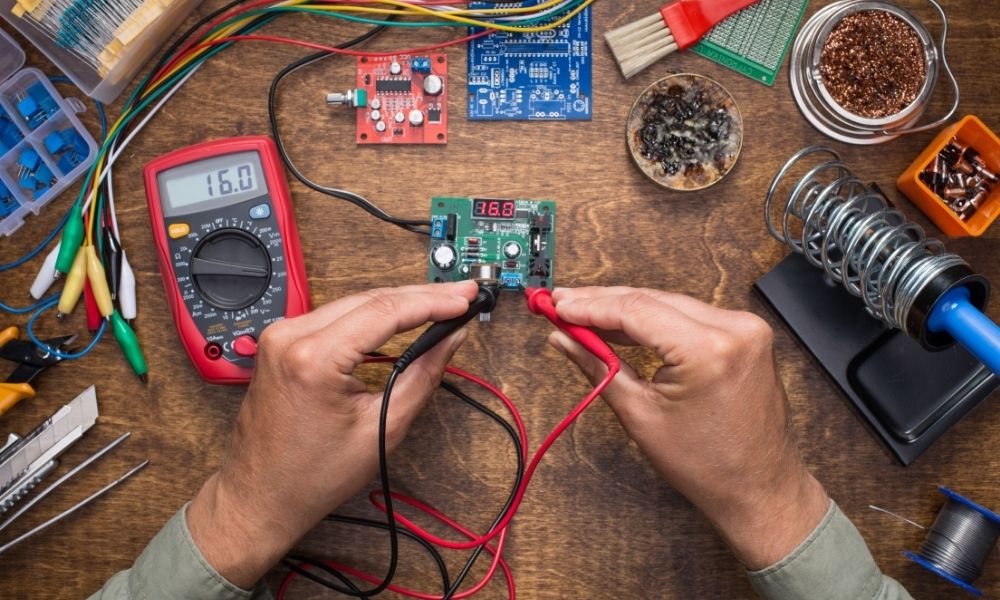As technology becomes more prominent in the world, the ways that you can utilize it are also continually expanding. If you’re looking for a fun hobby that can expand your horizons for your future career, doing something rooted in technology might be advantageous for you. Check out this short list of creative hobbies for tech lovers to get an idea of what’s out there.
Designing Websites
Just about every business needs a website to provide information about its values and products. Some businesses even operate entirely through the online sphere. This is why designing websites can be a great practical hobby to get into. You have space to get creative with layouts and visuals while also developing a skill set that can help you market yourself when it comes time to look for a job. The importance of good web design is obvious when you visit beautiful, streamlined brand websites and compare them to rougher ones, which often feel less trustworthy.
Building a PC
You may wonder why people build PCs when they can just buy one. But by doing it yourself, you’re able to customize every component to maximize the capabilities of the computer to your liking. For gamers or for those who utilize software that demands high power, constructing a PC prevents annoyingly slow loading times and lag. There’s also something inherently satisfying about making your dream computer to your ideal specifications. Once you finish with the initial build, you can continue to make tweaks and upgrades over time. All the while, you’ll gain a deeper insight into how computers work.
Making Electronics
Some tech lovers want a creative hobby that allows them to explore mechanical ideas in addition to those that are purely computer-based. Making electronics is perfect for this. You can look up tutorials on YouTube and through Google for a vast array of projects, from robots to weather stations. Some contraptions can improve your daily life once complete, while others may be interesting in themselves. There are also small computer boards, such as Micro:Bit and Raspberry Pi, that you can connect to circuitry and mechanical parts to produce the functions you desire. To get your creations to work, you’ll learn to code these computers. Making electronics lets you apply concepts that you may otherwise only read or hear about in your classes.

